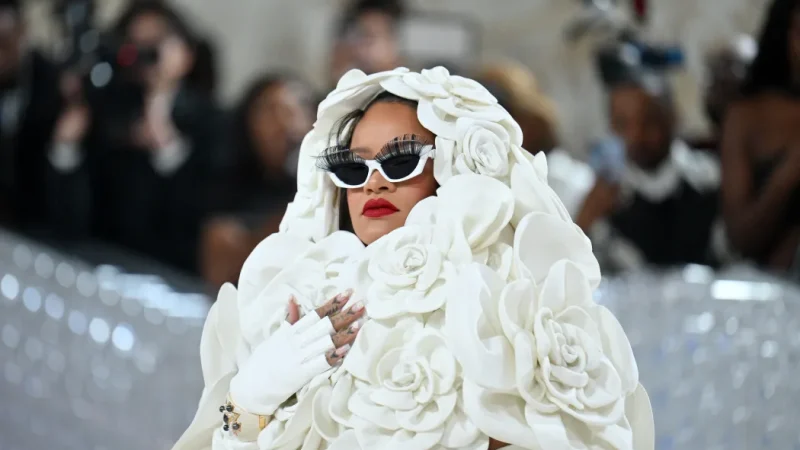Vladimir Putin

Vladimir Putin stands as an enigmatic figure on the world stage . A man whose presence looms large in the complex tapestry of global politics. Born on October 7, 1952, in Leningrad (now Saint Petersburg). Putin rose through the ranks to become one of the most influential and controversial leaders of contemporary times. His tenure at the helm of Russia’s political landscape has been marked by both admiration and criticism . Shaping the country’s trajectory in profound ways.
Table of Contents
ToggleEarly Life and Career
Putin’s early life was marked by hardship and modesty. Raised in a communal apartment with limited resources, he developed a resilient and disciplined demeanor from an early age. His interest in martial arts led him to achieve a black belt in judo . A sport that contributed to his disciplined approach to leadership.
After studying law at Leningrad State University, Putin joined the KGB (Committee for State Security) . Where he served as an intelligence officer for 16 years. His time in the KGB shaped his worldview and leadership style . Emphasizing strategic thinking, pragmatism, and a penchant for maintaining a strong state apparatus.
Rise to Power Putin’s political ascent began in the late 1990s. Appointed as Prime Minister by President Boris Yeltsin in 1999, he swiftly gained popularity for his decisive actions in confronting domestic challenges . Including economic turmoil and regional conflicts. When Yeltsin resigned on December 31, 1999 .Putin became the acting president and was elected to the presidency in 2000, marking the start of his influential reign.
During his early years as president, Putin implemented economic reforms, stabilizing the country’s economy and consolidating power within the government. His leadership style, characterized by a strong centralized authority . Often drew criticism for curtailing press freedoms and suppressing political dissent. However, his policies also garnered support for bringing stability to a country reeling from years of tumultuous change.
Foreign Policy and Global Influence Putin’s foreign policy approach has significantly shaped Russia’s position on the global stage. Under his leadership, Russia reasserted itself as a major player in international affairs, often asserting its interests assertively. His tenure witnessed Russia’s involvement in conflicts such as the annexation of Crimea in 2014 and its support for separatist movements in Eastern Ukraine, actions that sparked international condemnation and led to strained relations with the West.
Additionally, Putin has been vocal about defending Russia’s interests in the face of perceived encroachment by Western powers. He has criticized NATO expansion, particularly concerning former Soviet bloc countries, and advocated for a multipolar world order that acknowledges Russia’s role as a global power.
Challenges and Controversies
Despite his widespread popularity in Russia, Putin’s presidency has been marred by controversies and challenges. Domestically, allegations of corruption, limitations on political freedoms, and suppression of opposition have drawn criticism from human rights organizations and Western governments.
Internationally, Russia’s involvement in conflicts, alleged interference in foreign elections, and accusations of cyberattacks have strained relations with the United States and other Western nations, leading to sanctions and diplomatic tensions.
Legacy and Future Prospects
As Putin‘s tenure extends, discussions about his legacy and the future of Russia under his leadership remain subjects of debate. Constitutional changes allowing him to potentially stay in power until 2036 have fueled speculation about his long-term plans and the nature of Russia’s political transition post-Putin.
The complexities of Putin’s leadership, characterized by a mix of authoritarian tendencies, pragmatic decision-making, and a quest for restoring Russia’s global influence, continue to shape geopolitics in the 21st century.
Conclusion
Vladimir Putin remains a figure of immense significance in contemporary global politics. His leadership style, assertive foreign policy, and the impact of his decisions both within Russia and on the world stage underscore the complexities of governing a nation with a rich history and a role in shaping the geopolitical landscape. As the world watches Russia’s trajectory under his leadership, understanding the nuances of Putin’s rule becomes crucial in deciphering the intricate dynamics of international relations in the modern era.
